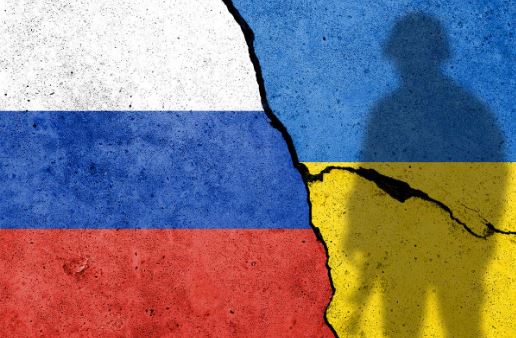This article comes from “naturalnews.com”
President Joe Biden announced Tuesday, Dec. 12, the pre-approval of $200 million in aid for Ukraine following Ukrainian President Volodymyr Zelensky’s extensive day of meetings at the Capitol.
The latest installment of assistance coincided with the Ukrainian president’s visits to both the White House and Capitol Hill, where he advocated for increased U.S. support. However, progress on a comprehensive aid package, encompassing billions in funds for the war-torn country, faces obstacles amid partisan disagreements over immigration policies.
During a news conference with Zelensky, Biden affirmed the commitment to supply Ukraine with critical weapons and equipment, including the just-approved $200 million.
The allocated funds cover essential equipment such as air defense interceptors, artillery and ammunition. Biden expressed concern about the diminishing capacity to assist Ukraine in meeting its urgent operational demands without additional funding.
In an exclusive interview with NBC News following the news conference, Zelensky noted the helpful nature of his meetings with lawmakers. He highlighted the opportunity to provide a detailed explanation of the progress in Ukraine’s war against Russia, emphasizing the positive discussions with senators who, he observed, lacked complete awareness of the battlefield details.
Recognition of Ukraine’s successes, particularly in the Black Sea against Russian ships, was acknowledged during these interactions.
Zelensky portrayed his meeting with Biden in a positive light, expressing confidence in Ukraine’s ability to emerge victorious in the ongoing conflict. (Related: Zelensky “deludes” himself into thinking Ukraine can win the war, aide says.)
In a closed-door gathering on Capitol Hill, Zelensky engaged with lawmakers, including House Speaker Mike Johnson. While Johnson affirmed his support against Russian President Vladimir Putin’s special military operation in Ukraine, he voiced concerns about the clarity of Ukraine’s strategy for victory, deeming their responses thus far insufficient.
When questioned by NBC News about the possibility of Congress approving aid for Ukraine, Johnson linked it to securing the U.S. border, reflecting the broader Republican stance against Biden’s proposed aid package.
Republicans are pushing for a connection between aid and stricter border policies, requesting details on wartime strategy and the administration’s definition of victory in Ukraine.
Senate Majority Leader Chuck Schumer described Tuesday’s meeting with Zelensky as “very powerful,” emphasizing the urgent need for aid.
Zelensky conveyed the pressing nature of the requirement and highlighted the potential dangers if Putin were to achieve a victory, underscoring the gravity of the situation for the United States.
Zelensky fails to woo Republicans into supporting more military aid for Ukraine
While Zelensky was successful in receiving Biden’s pre-approval for the $200 million aid package, the Ukrainian president’s time at the Capitol has mostly been unsuccessful as he failed to persuade fiscally conservative Republicans to support a $61 billion military package for Ukraine.
In a closed-door, 90-minute meeting with members of the Senate on Tuesday morning, Zelensky addressed the senators imploring them to look past their differences and support the package.
Zelensky hoped to use the meeting to reassure senators concerned about whether U.S. aid would be wasted due to corruption. But certain members of the Senate Republican Conference are still holding out, insisting that the White House agree to certain concessions, including providing more funding for better border security.
South Carolina Sen. Lindsey Graham, a war hawk and ardent supporter of Ukraine, reportedly told Zelensky that the problem has “nothing to do with you.” He added: “I said: ‘You’ve done everything anybody could ask of you. This is not your problem here,'” referencing the divisions within the GOP over providing more support for Ukraine.
Watch this clip of Zelensky imploring America to send more military aid.
Sources include:
